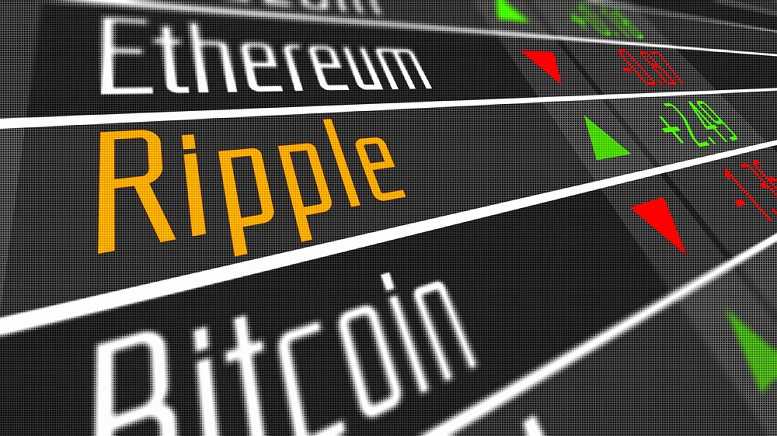Ripple Labs Inc., a prominent player in the cryptocurrency space, recently faced a substantial setback with a $125 million fine imposed by the U.S. Securities and Exchange Commission (SEC). This penalty was levied due to allegations that Ripple had conducted an unregistered securities offering by selling XRP tokens. The fine has significant implications for Ripple and the broader cryptocurrency industry.
The SEC’s decision came after a protracted legal battle, with the regulatory body arguing that XRP should be classified as a security, akin to stocks or bonds. Ripple, on the other hand, has consistently maintained that XRP is a currency and not subject to the same regulatory scrutiny. The settlement, however, suggests a partial acceptance of the SEC’s stance, which could have broader ramifications for other cryptocurrencies that operate in a similar legal grey area.
One immediate consequence of the settlement is Ripple’s commitment to enhance its compliance procedures. The company must now adhere to stricter regulatory guidelines, which could affect its operational flexibility. This is a significant shift for a company that has prided itself on pushing the boundaries of traditional financial systems with its innovative blockchain technology.
Furthermore, the fine has financial implications. While $125 million is a substantial amount, Ripple’s robust financial health means the company can absorb this cost without jeopardizing its operations. However, the fine could deter potential investors and partners, wary of future regulatory interventions. This might slow down Ripple’s ambitious expansion plans, particularly in markets where regulatory frameworks are still evolving.
The broader cryptocurrency market is also watching closely. The SEC’s action against Ripple could set a precedent for how other digital assets are regulated in the future. Cryptocurrencies like Ethereum and Bitcoin, which have thus far evaded similar scrutiny, might find themselves under the regulatory microscope. This could lead to a wave of compliance efforts across the industry, as companies seek to avoid Ripple’s fate.
Despite these challenges, Ripple remains optimistic about its future. The company is doubling down on its core mission of revolutionizing cross-border payments. Ripple’s technology enables faster, cheaper, and more secure international transactions, a value proposition that remains compelling despite regulatory headwinds. The company is also exploring new use cases for its blockchain technology, including decentralized finance (DeFi) and non-fungible tokens (NFTs).
Moreover, Ripple is actively engaging with regulators worldwide to shape a more favorable regulatory environment for cryptocurrencies. By participating in policy discussions and demonstrating a willingness to comply with regulations, Ripple aims to position itself as a leader in the digital finance space.
In conclusion, while the $125 million fine is a significant hurdle, it is not an insurmountable one for Ripple. The company’s financial strength, coupled with its commitment to innovation and regulatory compliance, positions it well for future growth. The broader cryptocurrency industry will also be keenly observing Ripple’s next steps, as they could herald a new era of regulatory clarity and innovation in the digital asset space.
Footnotes:
- The SEC’s lawsuit argued that Ripple’s sale of XRP tokens constituted an unregistered securities offering. Source.
- Ripple has consistently argued that XRP is a currency, not a security. Source.
Featured Image: depositphotos @ Violka08




